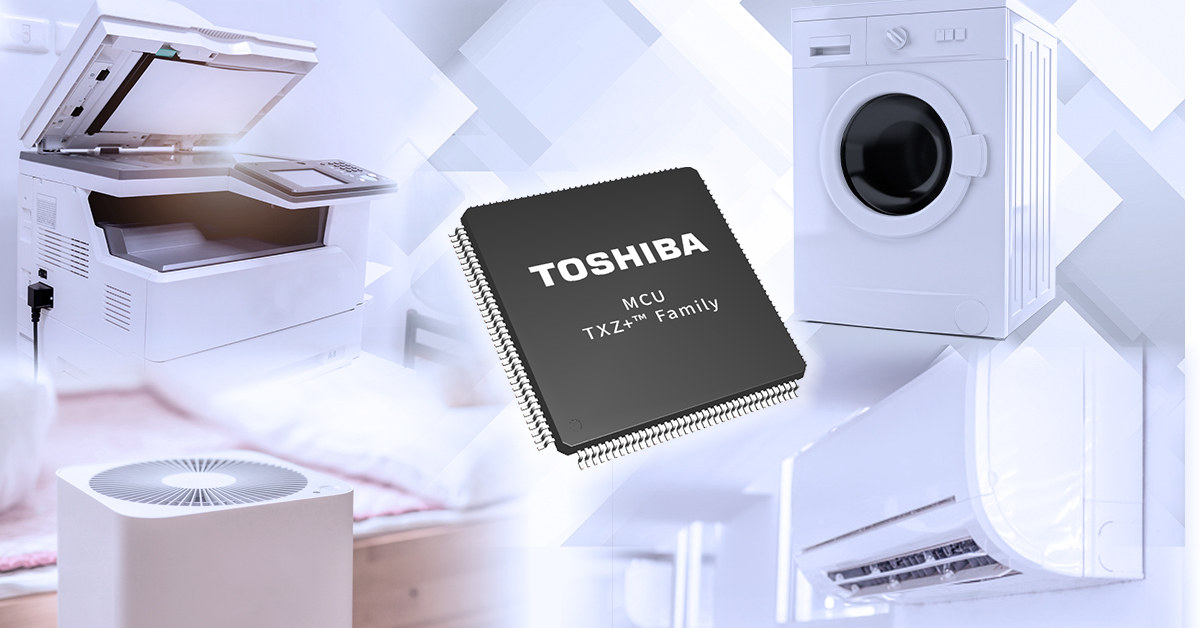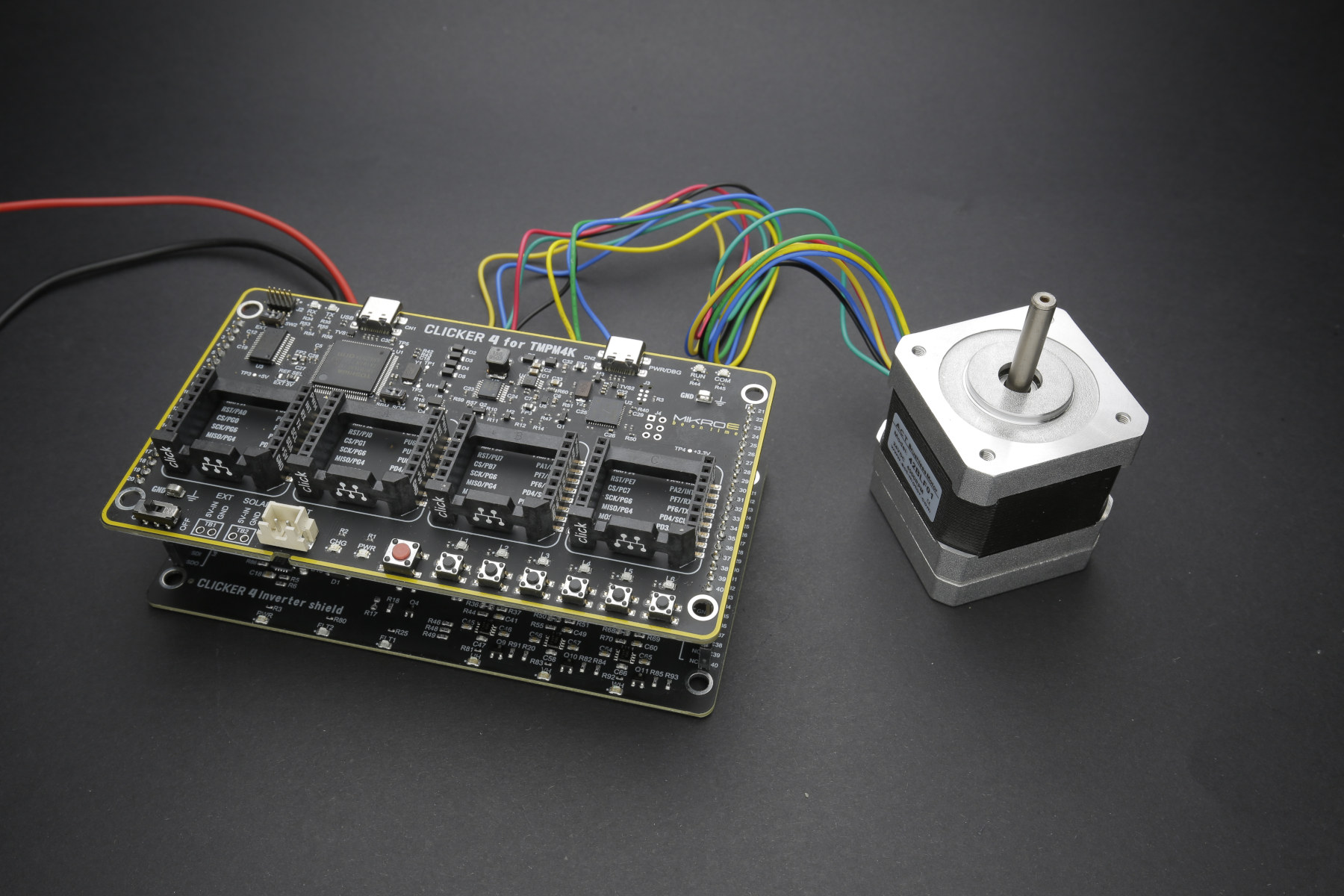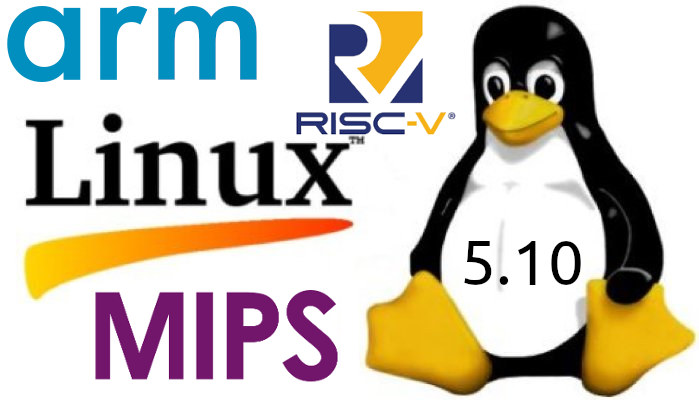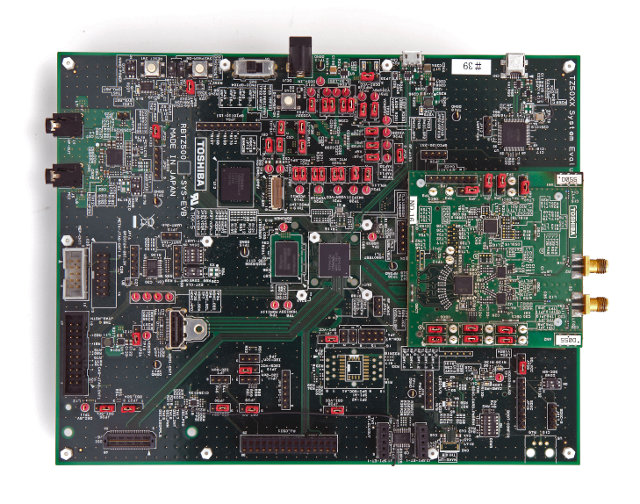Toshiba has included eight new products with 512KB/1MB flash storage capacity and four packages in its M4K Group of Arm Cortex-M4-powered microcontrollers. The M4K Group is part of Toshiba’s TXZ+ Family Advanced Class, consisting of five groups of low-power, high-performance 32-bit microcontrollers. The new microcontrollers expand code flash memory to 512KB/1MB from the 256KB maximum supported by current products, and RAM capacity to 64KB from 24KB. They retain the Arm Cortex-M4 core, integrated code flash, and 32KB data flash memory (with 100K program/erase cycles). With different motor control options such as advanced programmable motor circuits, advanced 32-bit encoders, advanced vector engine plus, and three units of high-speed, high-resolution 12-bit analog/digital converters, these class of microcontrollers are quite capable of 3-motor control, even in small scale applications (64-pin). The new products with 1MB code flash separate the memory into two distinct 512KB areas, enabling memory swap and seamless over-the-air firmware updates, […]
Clicker 4 for TMPM4K board targets motor control with Toshiba M4K microcontroller
Toshiba and Mikroelektronika have launched the Clicker 4 for TMPM4K development board equipped with Toshiba M4K Arm Cortex-M4 microcontroller for motor control, as well as four mikroBUS sockets for MikroE Click expansion boards. The Clicker 4 for TMPM4K board is also fitted with an on-board CMSIS-DAP compliant Debug Unit based on Toshiba’s TMPM067 MCU, extension connectors, JTAG/SWD debug ports, LED indicators and push buttons, and works best with Clicker 4 Inverter Shield with six MOSFETs for motor driving, a 48V switching power supply, and a 5V regulated power source that can power the M4K board. Clicker 4 for TMPM4K specifications: MCU – Toshiba TMPM4KNFYAFG 32-bit Arm Cortex-M4 microcontroller @ up to 160 MHz with 256KB code flash, 32KB data flash, 24KB SRAM, as well as Vector Engine (A-VE+), Encoder and Programmable Motor Driver (PMD) for brushless DC motors Expansion 4x mikroBUS sockets for adding Click board 40x connection pads with […]
Linux 5.10 LTS release – Main changes, Arm, MIPS and RISC-V architectures
Linus Torvalds has just released Linux 5.10: Ok, here it is – 5.10 is tagged and pushed out. I pretty much always wish that the last week was even calmer than it was, and that’s true here too. There’s a fair amount of fixes in here, including a few last-minute reverts for things that didn’t get fixed, but nothing makes me go “we need another week”. Things look fairly normal. It’s mostly drivers – as it should be – with a smattering of fixes all over: networking, architectures, filesystems, tooling.. The shortlog is appended, and scanning it gives a good idea of what kind of things are there. Nothing that looks scary: most of the patches are very small, and the biggest one is fixing pin mapping definitions for a pincontrol driver. This also obviously means that the merge window for 5.11 will start tomorrow. I already have a couple […]
Toshiba TZ5000 ApP Lite Media Player Development Kits Run Android 4.4 and Ubuntu Linux
Toshiba has recently announced two development kits powered by their TZ5000 ApP Lite SoC featuring two ARM Cortex A9 cores, PowerVR SGX540 GPU, PowerVR VXD395 GPU, an optional 4GB MLC NAND, and Ensigma C4500 Wi-Fi baseband engine into a single chip solution that targets Over-The-Top (OTT) tuners and IP media boxes, wearable devices, digital signage, thin clients, and more. The first development kit, RBTZ5000-6MA-A1, is a full size board that supports Ubuntu, the other one, RBTZ5000-6MA-A1, is an HDMI stick form factor board running Android 4.4. Toshiba RBTZ5000-2MA-A1 Board (Ubuntu) RBTZ5000-2MA-A1 Starter Kit specifications: SoC – Toshiba TZ5011XBG dual core Cortex A9 processor @ 1.0 GHz with PowerVR VPU and GPU, and Ensigma C4500 Wi-Fi baseband engine System Memory – DDR3L-1600 Storage – 8GB eMMC (external) + MicroSDXC Connectivity – Wi-Fi 802.11a/b/g/n/ac 2×2 MIMO (via Ensigma C4500), Bluetooth 4.0. Ethernet is available via a daughter board connected to ADB. USB […]






